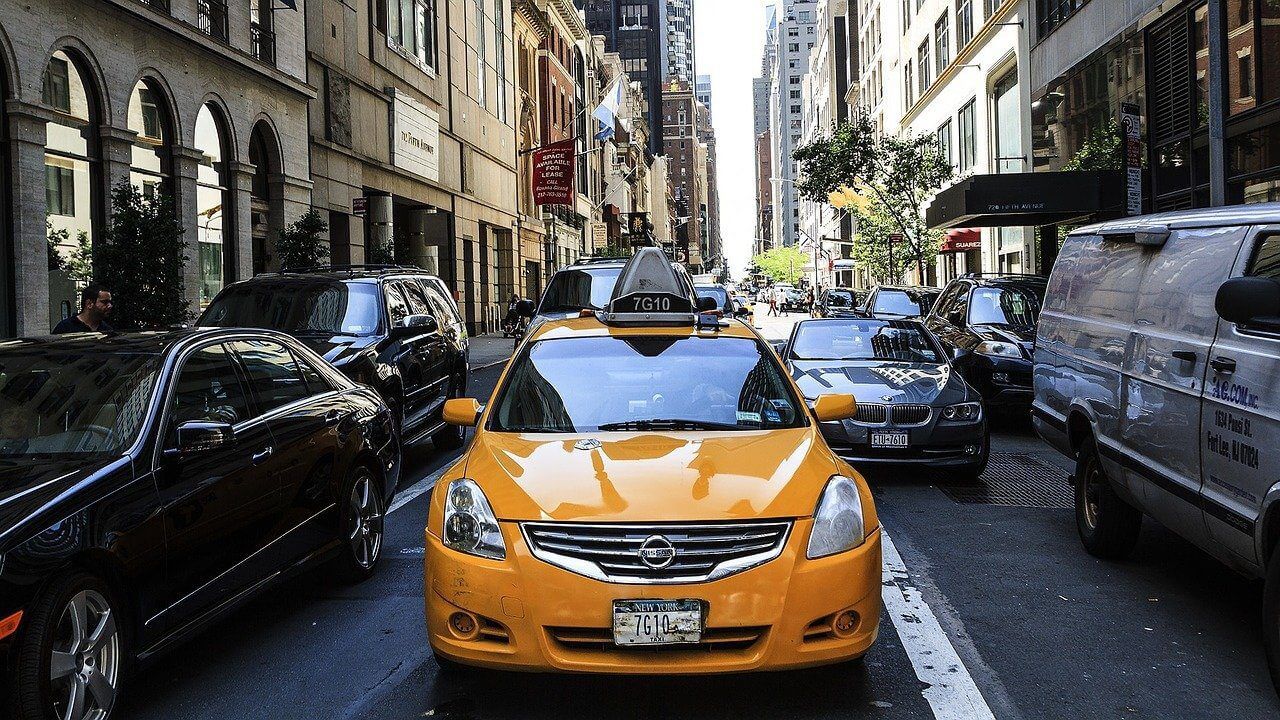Rideshare companies have revolutionized the way we get around. Not only do these companies offer us a low-cost alternative to get from one place to another without the hassle and expense of driving, but they make it more convenient than ever thanks to smartphone apps that make it easy to summon a ride to just about anywhere.
However, with the rise of rideshare companies has come the frequency of accidents in which a rideshare driver is involved. As someone who either drives for these companies or partakes in their services, you may be wondering what might happen if you’re involved in one of these accidents. Well, as these companies continue to change and revolutionize the way we get around, so has the way these accident cases are litigated.
On this blog, we’ll take a brief look at rideshare accident cases and discuss how Jonathan Hollan, an injury attorney with Sam Aguiar Injury Lawyers in Louisville, defines the important points and how they are expected to evolve in the future.
Rideshare Insurance
The first and most pressing concern Hollan touches on has to do with insurance coverage. How are rideshare drivers insured? What kind of insurance do they have? How much of it is available? These are pressing questions that all parties need to ask themselves, including both drivers and passengers.
Uber and Lyft, arguably the two largest rideshare companies in the country, operate on a similar principle. While drivers have a passenger in the vehicle, they’re protected by both their own vehicle insurance as the primary coverage plus a substantial coverage policy provided by the company. In the case of Lyft, that policy is up to one million dollars per accident. Under Kentucky law, the rideshare policy becomes the primary policy when a driver has a passenger. However, when a driver is between rides and doesn’t have a passenger in the vehicle, their coverage diminishes substantially.
According to Hollan, this is the first question an attorney must ask when pursuing damages after a client suffers injuries and damages in an accident where a rideshare driver played a role. Was the driver currently engaged in a ride at the time of the accident? If the answer is yes, then the rideshare company can provide a substantial amount of compensation through their insurance policies. If the driver was not involved in a ride, then the coverage limits drop immensely.
Then the question comes up as to whether a vehicle involved was a rideshare driver at all. Rideshare vehicles are required under Kentucky law to identify themselves with a decal or sign located on the front windshield on the passenger side. If the signage is present, then the chances are high that there is a rideshare component to an accident. However, this isn’t always the case, as sometimes drivers acting in personal capacities can simply forget to remove the company logo from their window once they sign out from the app.
This is important because in many cases a vehicle having this signage can cause insurance companies to deny any and all claims that pertain to these accidents, instead citing that the rideshare company’s policy should be the one to cover the damages or losses that their driver sustained. While this is accurate in many cases, it can lead to delays and more headaches for passengers as they try to figure out who’s responsible for compensating them for the damages they sustain.
Future Rideshare Accidents
Throughout their history, many of these rideshare companies have maintained that they are “tech” companies, not transportation mega-giants. This can be seen through the continued research that Uber is doing into self-driving vehicles. However, these vehicles aren’t without their own struggles, such as the accident which occurred in Arizona in March of 2018, in which one of the self-driving vehicles struck and killed a pedestrian. While Uber was transparent and helpful throughout the process, Attorney Hollan points out they chose to settle the case quickly despite adamantly contending that the self-driving vehicle did nothing wrong.
As these companies continue to grow and evolve, the laws and the way their cases are litigated are going to continue to evolve along with them. This means accident attorneys need to be aware of changes and constantly stay up to date with precedents and other relevant cases that may serve as a foundation for claims that their own clients may have.
For more information about your rights in a rideshare accident, talk to the attorneys at Sam Aguiar Injury Lawyers! Call or request a consultation.
The information for Hollan’s piece was sourced from the Kentucky Justice Association.
